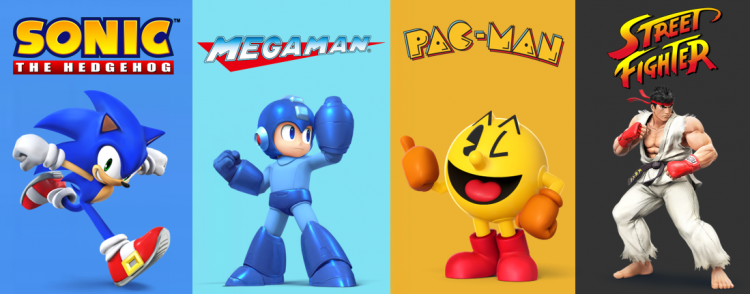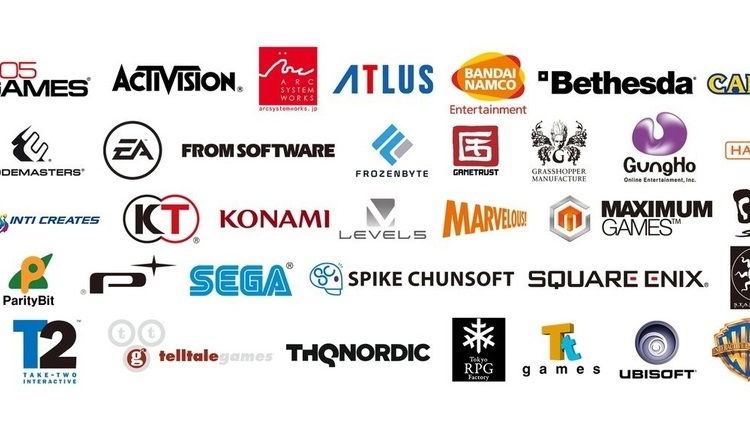Lately, there has been significant discussion about first-party companies acquiring third-party ones, aiming to enrich their game line-ups and provide more options for their audience. While this intention seems positive, the underlying issue is that such acquisitions often cause more harm than good. Primarily, they restrict games that were previously available across multiple platforms to a single platform.
We’ve witnessed this scenario before, notably when Sony collaborated with Capcom for Street Fighter V. While it’s true that Sony’s involvement facilitated the game’s development, it doesn’t change the fact that this decision made Street Fighter V exclusive to Sony’s PlayStation, potentially limiting Capcom’s revenue by excluding the Xbox market.
The debate about acquisition has been ongoing, flooding platforms like Twitter, Reddit, YouTube, and beyond. Speculation runs rampant: Should Microsoft acquire Sega? Should Sony take over Platinum Games? Will Nintendo absorb Playtonics? While speculative banter is harmless, the actual practice could negatively impact gamers and the gaming industry at large.

Everyone desires to access the coolest and most popular games on their preferred gaming platform. During my upbringing, it was Nintendo versus Sega, yet we still had an array of choices. We often pondered over the possibility of our favorite games being available on different systems. Ironically, we did witness some crossover, such as Contra: Hard Corps on the Genesis.
However, gaming dynamics have evolved. With technological advancements, third-party games now run similarly across multiple systems, while first-party titles are often tailored to specific platforms. But what about third-party games? The essence lies in their multi-platform availability, ensuring accessibility to gamers across various consoles and PCs.
Imagine if Microsoft or Sony were to acquire major third-party companies like Sega, Ubisoft, or Capcom. It would disrupt the balance among platforms, leaving gamers unable to access certain games on their preferred system. This could lead to disappointment or force gamers to purchase additional consoles against their initial preferences.
Moreover, such acquisitions could thwart crossover opportunities for popular third-party characters in games like Smash Bros. or Tekken, further complicating the gaming landscape. Unless a company is on the brink of bankruptcy or selling off its IPs to survive, acquisitions of this nature are questionable.

I advocate for maintaining the status quo: keeping third-party games accessible across all platforms. If exclusivity is necessary, companies can offer system-specific bonuses without compromising multi-platform accessibility. While it may not be perfect, it’s a compromise that can keep everyone content.
In the event that acquisitions occur, acceptance is key. Some may benefit, while others may lose out. Ultimately, consumers have the choice to adapt to new systems or opt-out. It’s essential to respect the autonomy of gamers amidst industry changes.
Where do you stand? Do you believe third-party companies/games should remain independent, or do you see the value in their acquisition by first-party entities?


